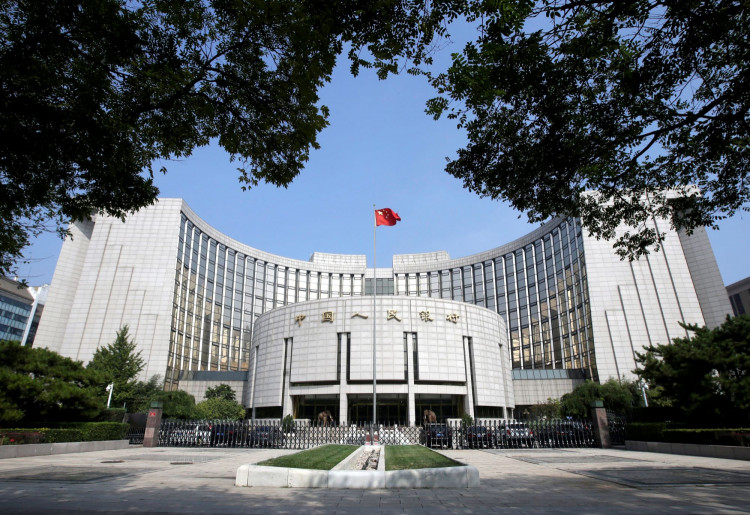The People's Bank of China has reduced reserve requirements for regional banks as a measure to help businesses survive their financial troubles during the pandemic. A recent report showed that the Chinese economy rebounded from a record low, but a contraction may be imminent.
According to Caixin China services PMI for March, the Chinese economy rebounded from slow economic growth but may remain in a contractionary state. In response to the financial troubles of businesses in the country, the People's Bank of China (PBOC) has increased financial support for its domestic economy such as cutting back on bank reserve requirements.
The PBOC imposed a lower reserve requirement ratio for select rural and city commercial banks by one percentage point. This was split between April 15 and May 15, or by 0.5 percentage point for each period. It would also release 400 billion yuan to exact change on its policy into the financial sector.
Among the measures taken by the PBOC was issuing bonds and injecting liquidity to help businesses operating in the corporate sector to bail out.
The interest rate that the PBOC pays on excess reserves deposited by financial institutions was also down to 0.35 percent from 0.72 percent, the largest cut since the 2008 financial crisis. On average, small and medium-sized banks would be offered 100 million yuan from the RRR cut. The offer allows them to save almost six billion yuan in financing costs.
The RRR for more than 4,000 depositary institutions was also decreased by six percent, also a record low imposed by the PBOC. The said mandate is expected to encourage commercial banks to increase their credit to small and medium-sized enterprises (SMEs), the sector greatly financially affected by the pandemic.
The PBOC would also continue decreasing its lending costs and utilize the newly approved one trillion yuan for the re-lending and rediscount governmental mandates. This would boost credit for small and medium-sized companies.
According to vice governor of the People's Bank of China Liu Guoqiang, the pandemic's impact on China has not yet exceeded that of the 2008 financial crisis. However, he noted that the measures imposed by the government must be distributed quickly to offset possible fallouts in the market. He also suggested that the imposed monetary policies should prevent liquidity shortages and significant changes to inflation.
Liu added that whenever the benchmark deposit rate is further decreased by the PBOC, the government would need to observe more evaluation to properly measure its effects on the one-year deposit rate anchors and the interest rate system.






